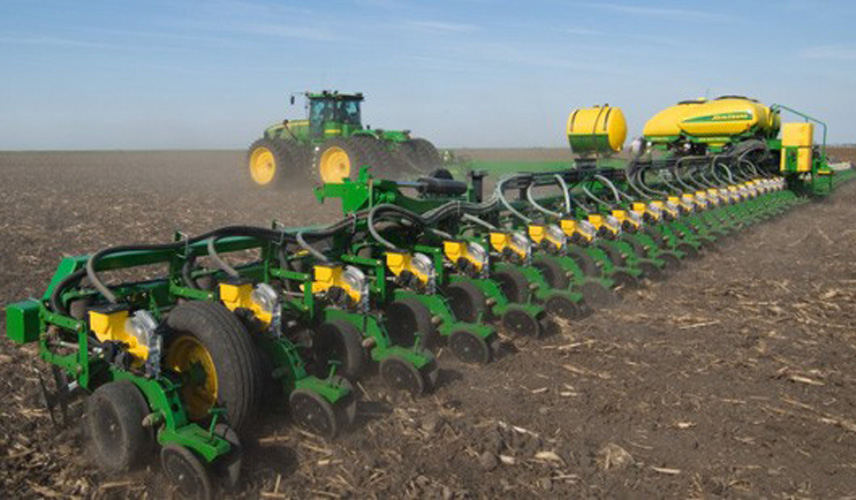Agricultural technology can help feed the world

I really enjoyed Professor Stoddard’s presentation in ACES 399 recently. He offered a very optimistic outlook on the future of our environment and how economic trends are predicted to improve over time, eventually resulting in sufficient and sustainable agricultural production capable of feeding our growing population.
Before Professor Stoddard’s presentation, I had a rather grim outlook on climate change and the ensuing challenges to food security and human/animal wellbeing. I wasn’t sure it would be possible to feed a population of nearly 10 billion people within the next 30 years, seeing as we already struggle with food insecurity and malnutrition on a global scale.
Professor Stoddard, however, predicts that the “bigs” will get bigger and the “smalls” will thrive. too. In other words, the production sector is enormously scalable, which will lead to significant cost reduction, while “tweeners” will continue to disappear. Additionally, there will be more uses for the crops we produce, like corn and beans.
It will also help that the government is becoming increasingly involved in agriculture. This is a good thing because past governmental programs have proven to be effective in promoting stable and large production for cheap. In fact, Americans only spend about 10% of income on food!
I was most intrigued by Professor Stoddard’s discussion of current and future advancements in technology. He predicts that production will continue to be more and more precise, allowing for prescription farming. Also, capital will continue to replace labor, which will allow for a smooth transition from physical work to specialized knowledge, followed by improved management skills and almost complete reliance on technology.
This will be useful for the tracking of all food ingredients throughout the entire supply chain at an extremely low cost. It will also further prevent spillage and spoilage during harvest and post-harvest. I am a big supporter of GMOs and robotic technology. Professor Stoddard reinforced my positive opinion of these fields with his discussion of drought-resistant corn and halophytes (salt-loving plants), as well as robotic milkers, herding dogs, and fruit pickers.
These breakthroughs, along with advancements in vertical farming and desalination, give me hope that we will be able to sustain our rapidly growing population after all. We must, however, resist the urge to assume that our present conditions will persist and our present trends will continue. We must also be patient, as the trend toward globalization won’t continue without some interruptions. But we will survive, nonetheless!
Students in ACES 399: “Vision 2050 –Grand Challenges of the Millenium” attend presentations by ACES faculty members about current topics in agriculture. As part of their class assignments, students are asked to write blog posts reflecting on those topics. The Voices of ACES blog will feature select ACES 399 blog posts throughout the semester.